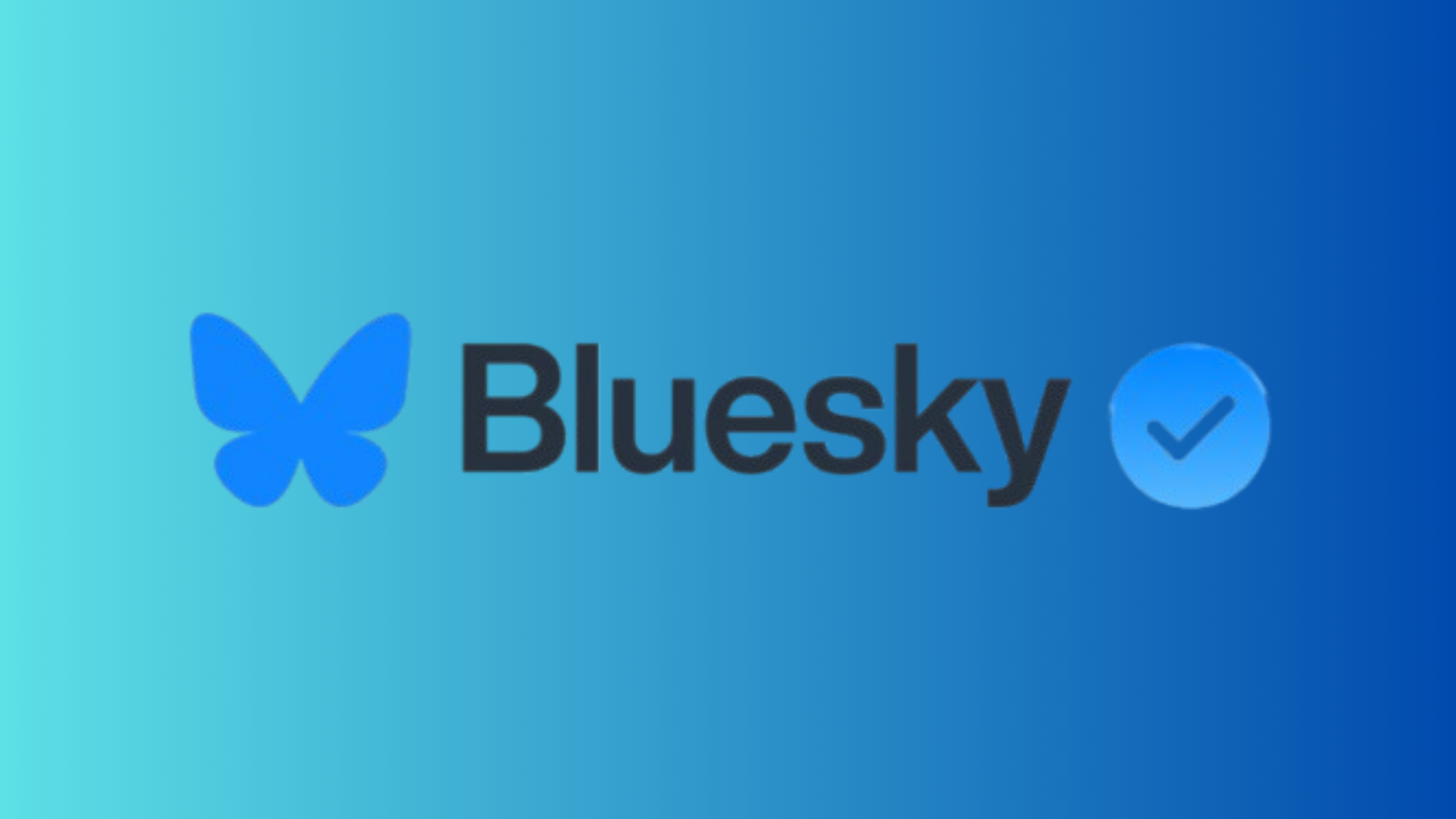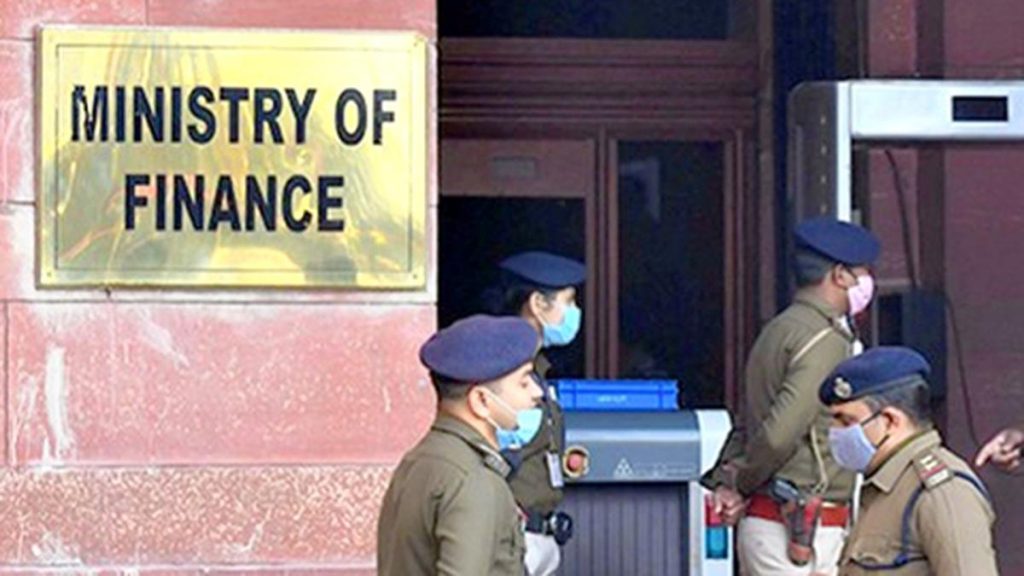Now Reading: Bluesky Introduces Blue Check Verification Feature
-
01
Bluesky Introduces Blue Check Verification Feature
Bluesky Introduces Blue Check Verification Feature

Speedy Summary
- Bluesky is launching a centralized verification process for awarding blue check marks to “notable” user accounts.
- the current self-verification method uses owned domains (e.g., NPR is @npr.org), allowing account holders to prove their authenticity by linking their user name to their domain name.
- despite decentralized verification efforts, impersonator accounts have continued to be an issue on the platform.
- The new system involves proactive review and approval of accounts by bluesky’s moderation team, providing verified users with a blue check mark displayed next to their names.
- Select organizations will have authority under the trusted Verifiers feature to issue blue check marks-for example, publications like The New York Times can directly verify individual journalists under its domain.
- Moderators will still oversee all verification decisions and enable clarity by allowing users to view which association granted the blue check mark.
- Applications for individual and organizational verification are not yet open but are anticipated in the future once the feature stabilizes.
- Users can choose whether or not they wish to display verification badges in-app settings.
Indian Opinion Analysis
Bluesky’s move toward centralized account verification reflects broader challenges facing decentralized approaches in maintaining trust and combating misinformation on social platforms. While self-verification using domain names was innovative, it presented complexities for users unfamiliar with identifying trustworthy sources, leaving room for impersonation issues. Proactive moderation-based review combined with endorsements from established organizations may improve transparency while keeping elements of decentralization intact through features like Trusted verifiers.
For India-a nation grappling with fake news concerns across various digital platforms-Bluesky’s evolving model provides a learning opportunity for social media companies operating within its jurisdiction. Ensuring both accessibility and rigorous vetting of notable Indian online entities might foster better trust in public discourse within digital spaces. This advancement also signals growing experimentation globally regarding how identity is authenticated online amidst rising impersonation challenges.
























